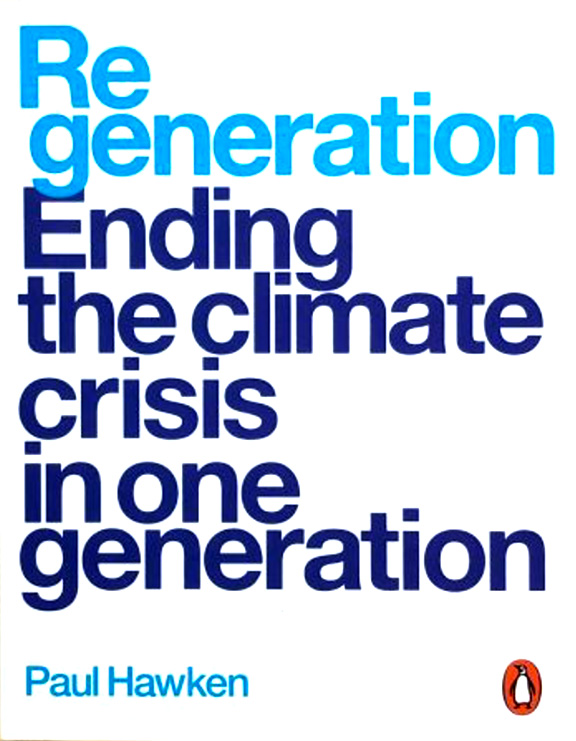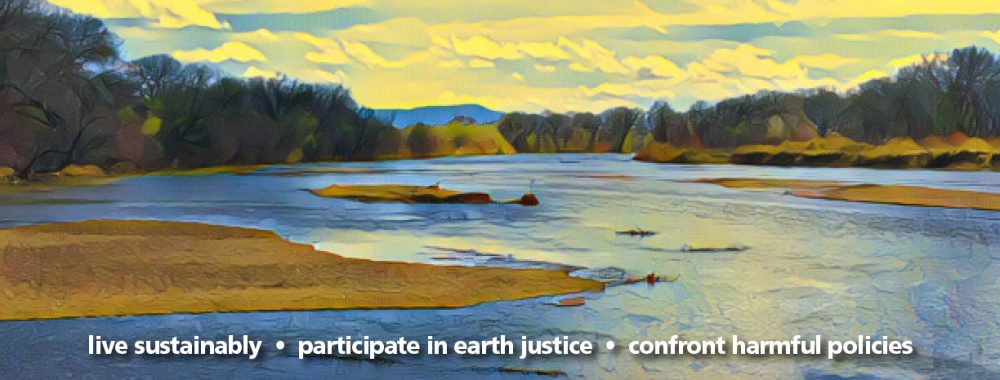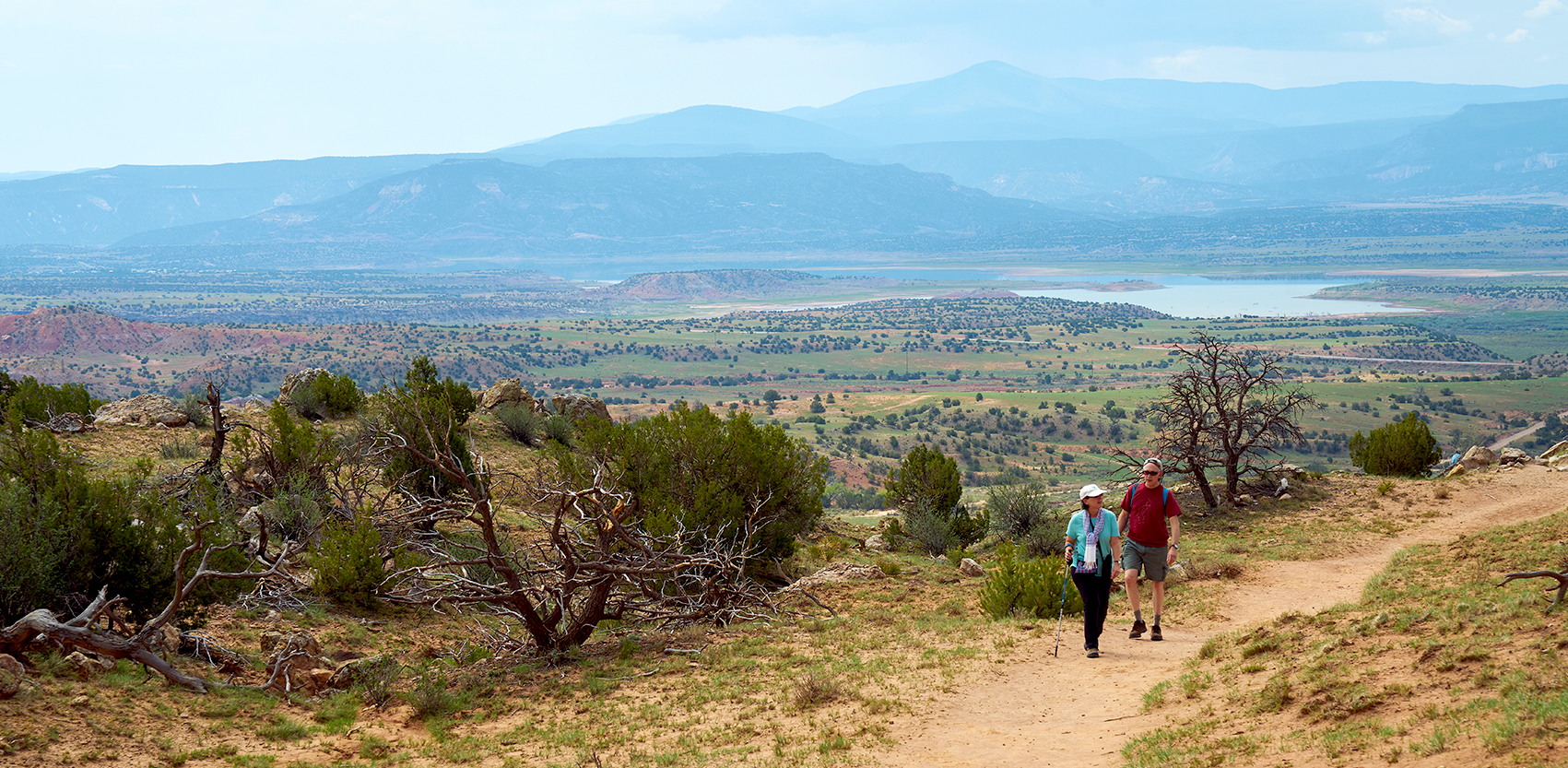by Paul Hawken, Penguin Books, 2021. Reviewed by Esther Jantzen

This is a book you can safely (without much pushback) give to almost anyone with almost any opinion about climate change. Ask them to pick a topic from the table of contents and read two pages. On its own, Regeneration will persuade them that the climate crisis is real, that there’s plenty we can do collectively and individually to address the issues, that all over the world people are taking actions that make a difference, and that they, too, can take heart and take action.
That’s the value of this book: its power to quickly inform, shock, and inspire actions toward climate solutions.
Regeneration addresses the main domains in which we—the people on earth at this time—must make change: oceans, forests, wilding, land, people, cities, food, energy, and industry. With each domain, there are two-to-three page essays on subtopics, with photos, definitions, descriptions, facts, numbers, statistics, and dates. I doubt if there’s a better resource of talking points for a lay-person.
Who knew the small azolla fern can sequester carbon, replace fertilizers, and provide animal feed? Who knew bamboo could be food and fuel for people, as well as used for buildings, motorcycle helmets, fabrics, and toilet paper? Who knew beavers were a keystone species for water restoration? That worm vermiculture can lead to a 25% increase in crop yield? That a forest is already a farm? That, by design, buildings can generate more clean water and clean energy than they use? That humans use 59% of crop land to grow food for livestock? That a platform in the sea can generate energy from waves, sun, and the wind simultaneously? That democracies can be regenerated by local and state voter action?
Best of all for me is that Hawken and his extensive staff have researched places around the globe where ordinary people have successfully innovated and implemented surprising, often simple, solutions. The focus of most of these, of course, is related to how to draw down the extremely dangerous excess carbon in the atmosphere, sequester it, educate people, and prevent more release of carbon through persuading the oil and gas industry to keep fossil fuels in the ground.
While almost all of the essays would get an A from me, I did find some unevenness, with a few less clear, less satisfying. And the binding on this oversize book, published by Penguin, didn’t hold well. But I’m willing to forgive on both counts, for the good in this book far outweighs its defects.
For most readers, the rub in all these ideas comes when we consider our own responsibility to take action. What can little old me do, an urban apartment renter who doesn’t own a farm where I can implement innovation and build up the soil?
To push ourselves, my Elder Activist Readers book group responded to the prompt: “Out of having read this book, I will…” Here are some of the ideas which emerged:
—review my financial portfolio to make sure I’m not invested in fossil fuel companies
—create more conversations with people about climate issues.
—change my diet to be more plant-based
—order bamboo toilet paper rather than tree-logged products
—rethink the donations I make
—investigate getting a heat pump
—convert our house to all electric appliances
—renew my commitment to simplify my life
—get rid of stuff, perhaps including our third car
—use less heat
—think about what I can do with my land and property
—research ideas for sustainable gardening
—research trees whose leaves you can eat
—learn and talk about Big Food, Big Pharma, Big Medicine, and Big Poverty
—take my own containers to restaurants for left-overs
—think about how to live without so much plastic
—get an electric car
—buy fewer clothes, and when I do, buy used clothing
—transfer my investment to Green Century funds
—plant more trees, especially fruit trees, in our back yard
—give copies of Regeneration to the managers of grocery stores I use, to my political representatives, to a neighbor, to the local adult education organization, and to a library.
I’m sure you will have more ideas when you read this book. !Si, se puede! Yes, you can!


never heard of this book so I really appreciate this review and love the ideas your book group came up with after reading it!